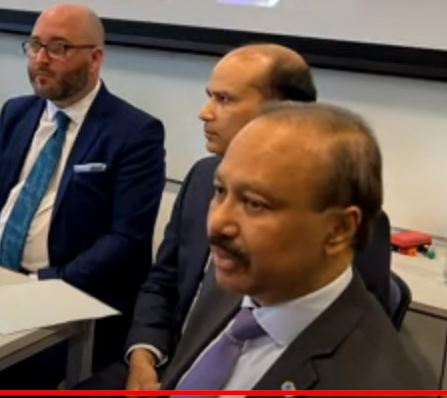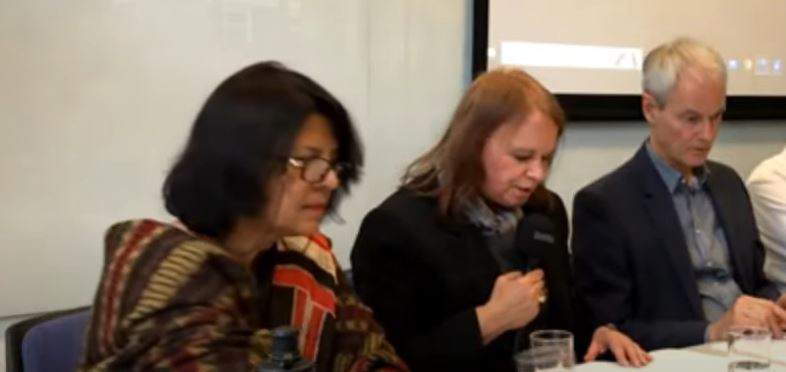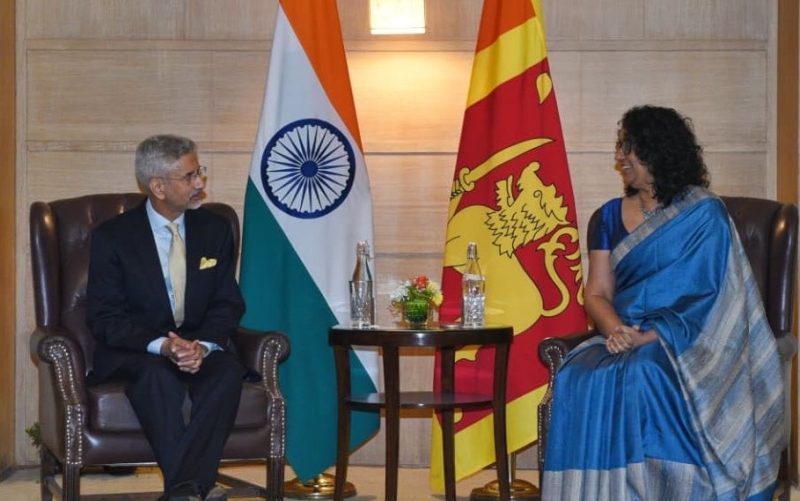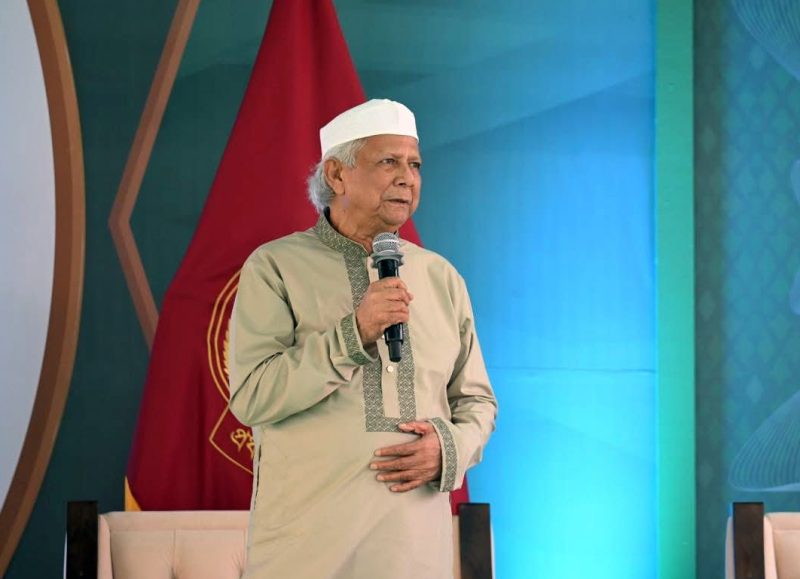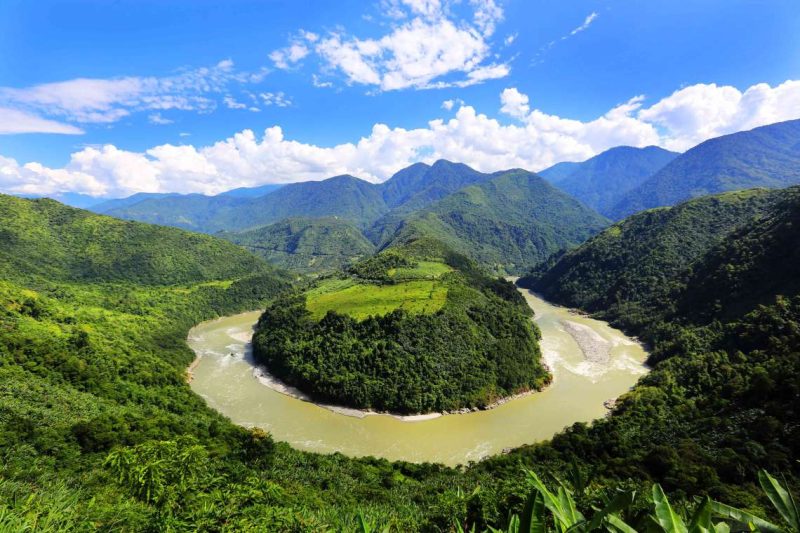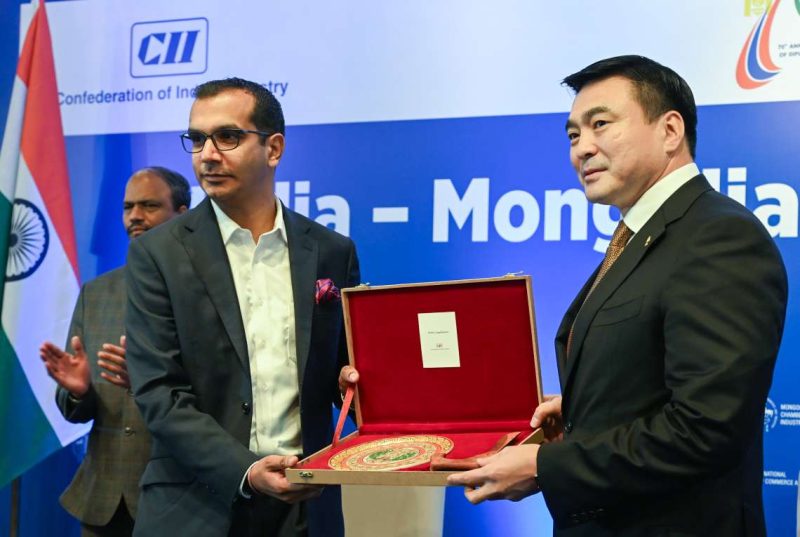Dr Siddiqa, a political commentator and author, stated that successive governments in Pakistan ignored the significance of East Pakistan and treated the people there as colonial masters, despite sharing the same religion. She also mentioned that this attitude is still prevalent and prompts the Pakistani army to unleash terror on ethnic communities in Baluchistan, Sindh, South Punjab, and Khyber Pakhtunkhwa
London-based academic and writer Dr Ayesha Siddiqa accused Pakistan of unleashing terror on ethnic minorities in Baluchistan, Sindh, South Punjab, and Khyber Pakhtunkhwa.
She was addressing a symposium organised by the European Bangladesh Forum to support the demand for global recognition of the 1971 Bangladesh Genocide.
Dr Siddiqa, a political commentator and author, stated that successive governments in Pakistan ignored the significance of East Pakistan and treated the people there as colonial masters, despite sharing the same religion. She also mentioned that this attitude is still prevalent and prompts the Pakistani army to unleash terror on ethnic communities in Baluchistan, Sindh, South Punjab, and Khyber Pakhtunkhwa.
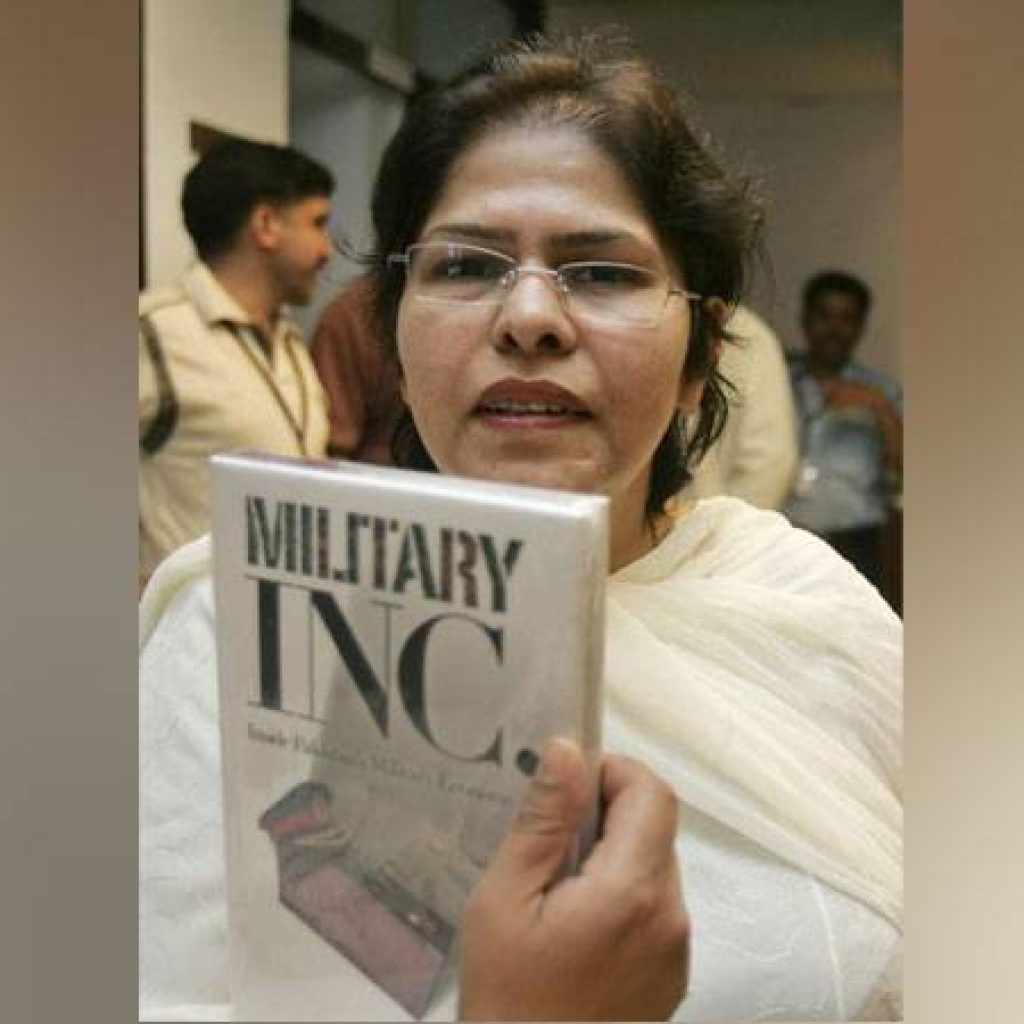
“People in East Pakistan suffered tremendously due to the attitude of the political leaders in West Pakistan,” Dr Siddiqa added. “Military security was prioritised over people’s development. The atrocities that Bengalis endured are now being replicated in Baluchistan, Sindh, South Punjab, and Khyber Pakhtunkhwa.”
Dr Siddiqa, Senior Fellow at the Department of War Studies, King’s College, UK and a Pakistani British citizen, also paid tribute to journalist Anthony Mascarenhas for exposing the atrocities in the Sunday Times. Through his articles, he exposed the scale of the Pakistan army’s brutal campaign to suppress protests in East Pakistan in 1971.
“It is high time for Pakistan to apologise to the people of Bangladesh and the global community for its brutal actions,” said Dr Siddiqa. “Their failure to take responsibility for their actions is prompting Pakistan to unleash terror on other ethnic communities. In 1973, the Pakistani army killed thousands of people in Baluchistan, a crime on a genocidal scale, considering the region’s small population.”

Mr Ansar Ahmed Ullah, President of EBF UK, chaired the symposium. Mr Chris Blackburn, Senior British Journalist, Harry van Bommel, former Member of Parliament in the Netherlands, Claudia Wadlich, Human Rights activist, Germany, Sk Md Shahriar Mosharraf, Minister, Bangladesh High Commission in London, Professor Dr. Tazeen Murshid, Centre for Development Research and Cooperation (DRC-Global), Belgium, Syed Badrul Ahsan, former Editor of New Age, Dhaka, Saad S Khan, Charles Wallace, Visiting Fellow at SOAS South Asia Institute, Reza Hosseinbor, Irani-Baluch Human Rights Activist, Bikash Chowdhury Barua, President EBF, Netherlands, Val Harding, Executive Member of Swadhinata Trust, UK and Willem van der Geest, noted educationist and intellectual from Belgium were present.
The Bangladesh genocide began on March 25, 1971, with the launch of Operation Searchlight as the government of Pakistan, dominated by West Pakistan, began a military crackdown on East Pakistan to suppress Bengali calls for self-determination. During the nine-month-long Bangladesh Liberation War, members of the Pakistan Armed Forces and supporting pro-Pakistani Islamist militias from Jamaat-e-Islami killed between 300,000 and 3,000,000 people and raped between 200,000 and 400,000 Bengali women, in a systematic campaign of genocidal rape. The Government of Bangladesh states that 3,000,000 people were killed during the genocide, making it the largest genocide since the Holocaust during World War II.




